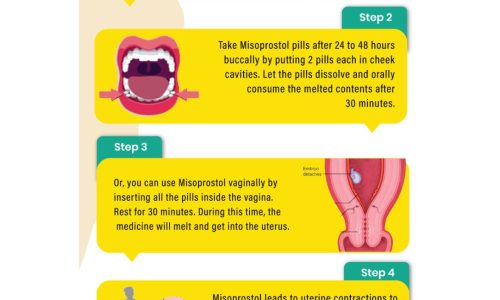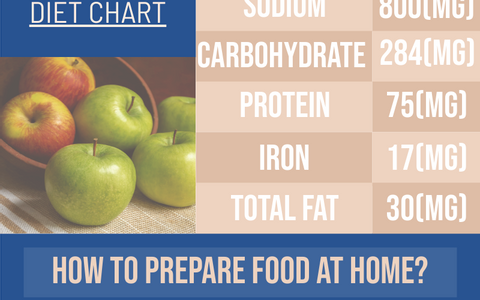Brexit is a result of UKs decision to leave the EU. This was decided by the referendum where the majority decided to leave the European Union.
There has been a lot of press coverage over the past few years. However, not everyone is politically minded hence we’ve decided to take the complicated concept of brexit and break it down into digestible, easy to understand pieces.

Our main focus is to provide visual represeantion of Brexit events that lead to today. We have looked at the events and how they correlate with the British pound. It is hard to state that all the fluctuations were due to brexit, hence we’ve analysed the industries that are likely to be affected the most due to Brexit events.
Overall, we’ve created an infographic to visualise the Brexit events, how they affect the price of the GBP and what effect it has on the industries.
The Pound’s value has fluctuated sharply on many occasions since Brexit was put on the table. Former Prime Minister David Cameron announced the referendum in February of 2016. The voting took place on the 23rd of June, 2016, and the results caused Cameron and other senior officials to resign the next day. This resignation resulted in the fastest and sharpest drop in value for the Pound since Brexit began.
The pounds value has been fluctuating non stop throughout many Brexit events on the graphic. The referendum was conducted in 2016 and it was a start of the fluctuation. The voting took place on the 23rd June in 2016 casting Cameron to resign. Camerons resignation was one of the key drivers of decrease in the GBP.
As we outlined the events, we looked at the industries affected. These industries include:
The automotive industry – The automotive manufacturing will be affected due to the trade deals on exports from the UK. Recent news has revealed that Ford and Jaguar Landrover are both singling the closure of manufacturing in the UK, leading to a decrease in production, which can decrease the value of the British pound even more.
-Tourism – Tourism to the UK is likely to increase, as other currencies will be valued higher in the UK, hence travelling to the UK will become cheaper. However, travelling from the UK will become more expensive, hence the UK is likely to find more tourists resulting in greater spend and potentially increase in the sterling.
-Online businesses – Due to the change in trade and imports to the UK, online businesses are likely to grow domestic sales of domestic goods, circulating the currency within the UK. However, cheap imports from other countries may be restricted due to legislation complications. In the worse case, the EU may restrict access to the UK online businesses resulting in reduced traffic and sales.
-Import/export – Imports and exports will be affected the most. In the case of no-deal Brexit, UK will be put on provisional tariffs, resulting in ridiculously high prices on imported goods and services to the UK. As well as, exporting goods will become more expensive.
-Real estate – the Housing market is likely to remain the same but is more likely to attract foreign buyers to purchase properties in the UK, slowly increasing the value of the UK real estate. On the other hand, domestic buyers are likely to avoid the purchase due to the weakening of the pound. A weak pound will result in a lower value for money, restricting UK buyers.
-Forex – The GBP is tied with interest rates and inflations and GDP. All of these might be affected by the lower price of the sterling. As a result, Brits will have less of the disposable income, resulting in lower spend, higher prices hence decrease in forex investments.
![]()








